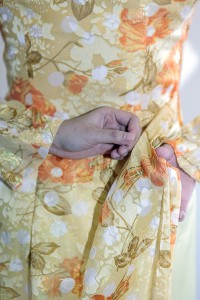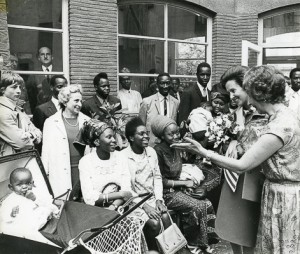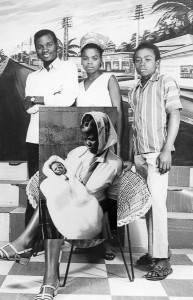CHEZ MOI LOIN DE CHEZ MOI (Home Far From Home)
By Maria Baoli

This project maps the African House (La Maison Africaine or Maisaf), nestled in the Brussels neighbourhood of Matongé, in between the European institutions neighbourhood and the luxury shops of Avenue Louise. The series is an encounter with the world of these buildings and their inhabitants. An exploration of everyday moments and intimate places in the heart of the house. Who are these residents? What is happening between the walls? I wanted to explore the fears and hopes of the students, providing a deeper understanding of their passage through this place of transition. It became essential to understand this state of being. It was then that I wondered how the students live: confusion, questioning, nostalgia, adaptation, sense of failure or success.
The project circumscribes a place and a set of characters evolving, linking different situations, places and characters in a common universe where past and present mingle. My main ambition was not simply to produce “good images”, but rather to use photography as a practice of collaboration and improvisation to open the dialogue and, in the long-term, to deepen knowledge on this space and its inhabitants and their migratory experience. This brought up moments of discussion, subtle gestures of hands, ambivalent looks and unexpected situations as I would discover later in the editing process. For a year I worked in a circular way, going through the buildings, floor by floor, and getting to know students of various profiles and nationalities.

About the African House
Founded in 1961 and originally designed to accommodate Congolese students, the African House now hosts over 25 nationalities, including Asian students.
In the wake of the Universal Exhibition of 1958 and at the dawn of independence, many African students came to Belgium to undergo training. “Mama Monique”, as they called her, began this work on her own. Thereafter, generous donors have joined it to continue this remarkable action.
The African House is born from the meeting of the students with Monique van der Straten. She had the idea to find a warm house, to welcome, host and support educationally and socially these young Africans, who had arrived in a foreign country, sometimes without a scholarship. It was meant to be a meeting place for Africans and university residence for Congolese students that Belgium had granted scholarships to in the late 1950s.
Without the Maison Africaine many students wouldn’t have the financial support and social acceptance to be hosted. This series relates also to the concept of home, even in a transitional status, and the key role of a private space and the geographical place where one belongs.

Why is it relevant?
After the decolonization of the Belgian Congo, the mutinies and the collapse of its administrative structures accompanied by civil wars, many Belgians who had returned from Africa focused on the development of the Southern countries.
For 50 years Africa has also been struggling with serious political, economic and social problems: despite its wealth, poverty is everywhere; despite land and water, there is hunger; despite an expanding population, social needs – education, health, etc. – are severely lacking. Exploitation, civil wars and the weight of international debt are undermining the future of these countries. It is vital for Africa to rebuild and for that, education is paramount.
In addition, the annual grant from the Belgian Development Cooperation is essential for the functioning of the student hostel. Thanks to this help, the Maison is able to develop its socio-cultural component, which represents a real added value for its students. This enables them to pursue their studies in the best possible conditions. When they return to their country, with a diploma in their pockets and rich in high-value training, they become actors contributing to the development of their country.
Further information:
http://cargocollective.com/MariaB/Chez-moi-loin-de-chez-moi
himariab@gmail.com
http://cargocollective.com/mariab
https://www.instagram.com/mariabaoli/
http://mariabaoli.tumblr.com/
https://twitter.com/marayabe


